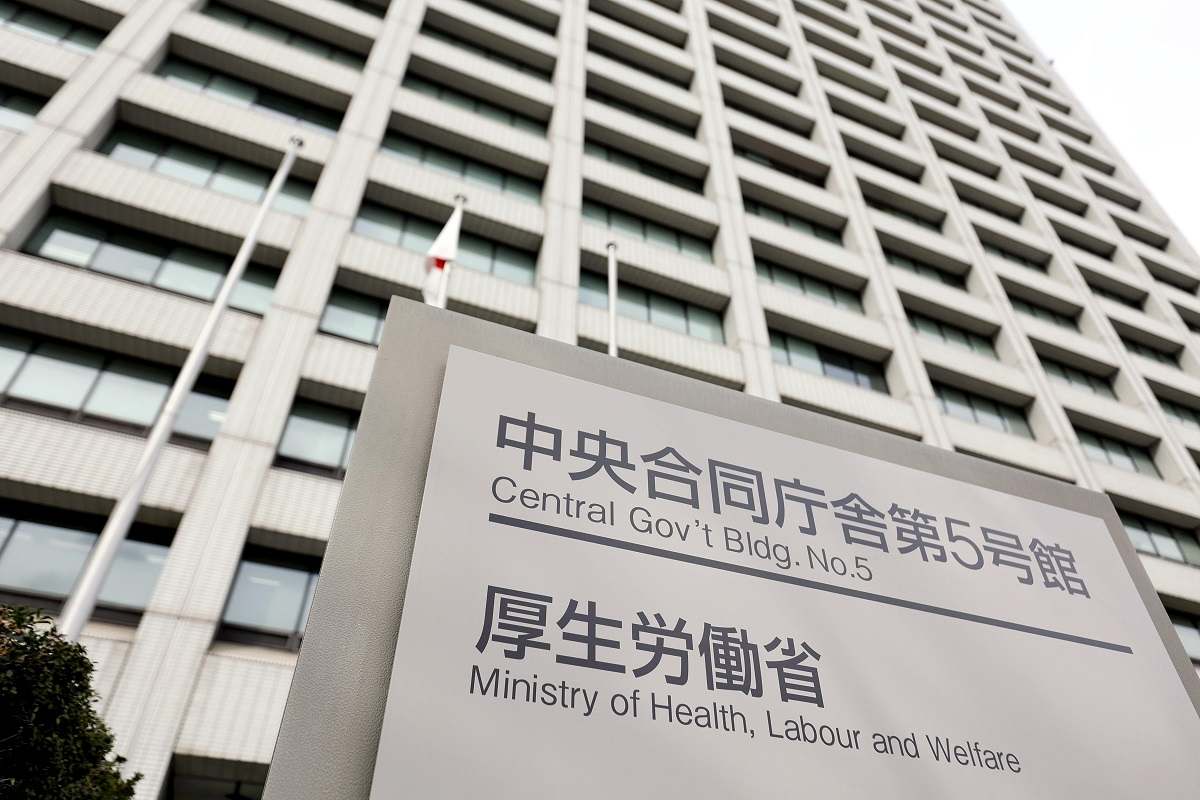More Than 500 Transplants Skipped Because of Shortages in 2023; Nearly 200 Organs from Brain-dead Donors Declined

The Health, Labor and Welfare Ministry in Tokyo
6:00 JST, September 22, 2024
A total of 509 transplants of organs from brain-dead donors were unable to be performed in 2023 due to a lack of manpower and too few beds at medical facilities, according to a survey by the Health, Labor and Welfare Ministry. The survey is the first of its kind.
Many medical facilities that conduct organ transplants from brain-dead donors have turned down organ donations because of such shortages.
The Japan Organ Transplant Network (JOT) mediates each time an organ from a brain-dead donor becomes available. It chooses who will receive the transplant from the waiting list for each kind of organ based on such factors as how long the person has waited and the seriousness of their condition. Registered medical facilities for organ transplants are then contacted and asked to accept the donated organ.
If the medical facility turns down the organ, they have to tell the JOT why they are declining it.
The new survey covered records of JOT-mediated donations in 2023 of hearts, lungs, livers, pancreases, kidneys and small intestines. There were 831 organs donated from 131 people who were diagnosed as brain-dead. Of these, 192 organs were not transplanted even though the JOT tried to mediate.
The survey found that since multiple medical facilities might decline a single organ, there were many lost chances to perform a transplant.
For the 192 organs that were declined, there were 3,706 transplants that could have been performed but were not. Of these, 509 were not performed because the medical facilities lacked the necessary manpower or beds. This meant that shortages prevented 364 people from getting a lung transplant, 55 from getting a pancreas transplant, 53 heart transplants, 17 small intestine transplants, 15 liver transplants and five kidney transplants.
Other reasons medical facilities declined organs included medical reasons related to the donor, such as that the organ was deemed unsuitable for a transplant. In other cases, the body size of the would-be recipient did not match the organ, or the patient was receiving treatment for another illness.
According to the JOT, about 16,000 people in Japan were on a waiting list for an organ transplant as of the end of August.
Top Articles in Society
-

Producer Behind Pop Group XG Arrested for Cocaine Possession
-

Man Infected with Measles Reportedly Dined at Restaurant in Tokyo Station
-

Man Infected with Measles May Have Come in Contact with Many People in Tokyo, Went to Store, Restaurant Around When Symptoms Emerged
-

Woman with Measles Visited Hospital in Tokyo Multiple Times Before Being Diagnosed with Disease
-

Australian Woman Dies After Mishap on Ski Lift in Nagano Prefecture
JN ACCESS RANKING
-

Producer Behind Pop Group XG Arrested for Cocaine Possession
-

Japan PM Takaichi’s Cabinet Resigns en Masse
-

Man Infected with Measles Reportedly Dined at Restaurant in Tokyo Station
-

Israeli Ambassador to Japan Speaks about Japan’s Role in the Reconstruction of Gaza
-

Videos Plagiarized, Reposted with False Subtitles Claiming ‘Ryukyu Belongs to China’; Anti-China False Information Also Posted in Japan























